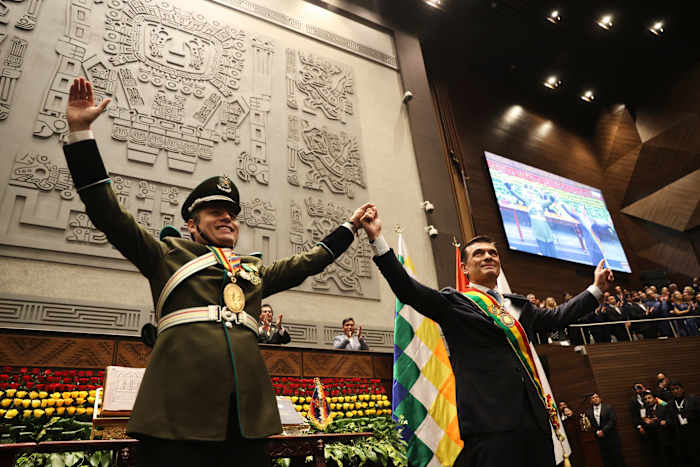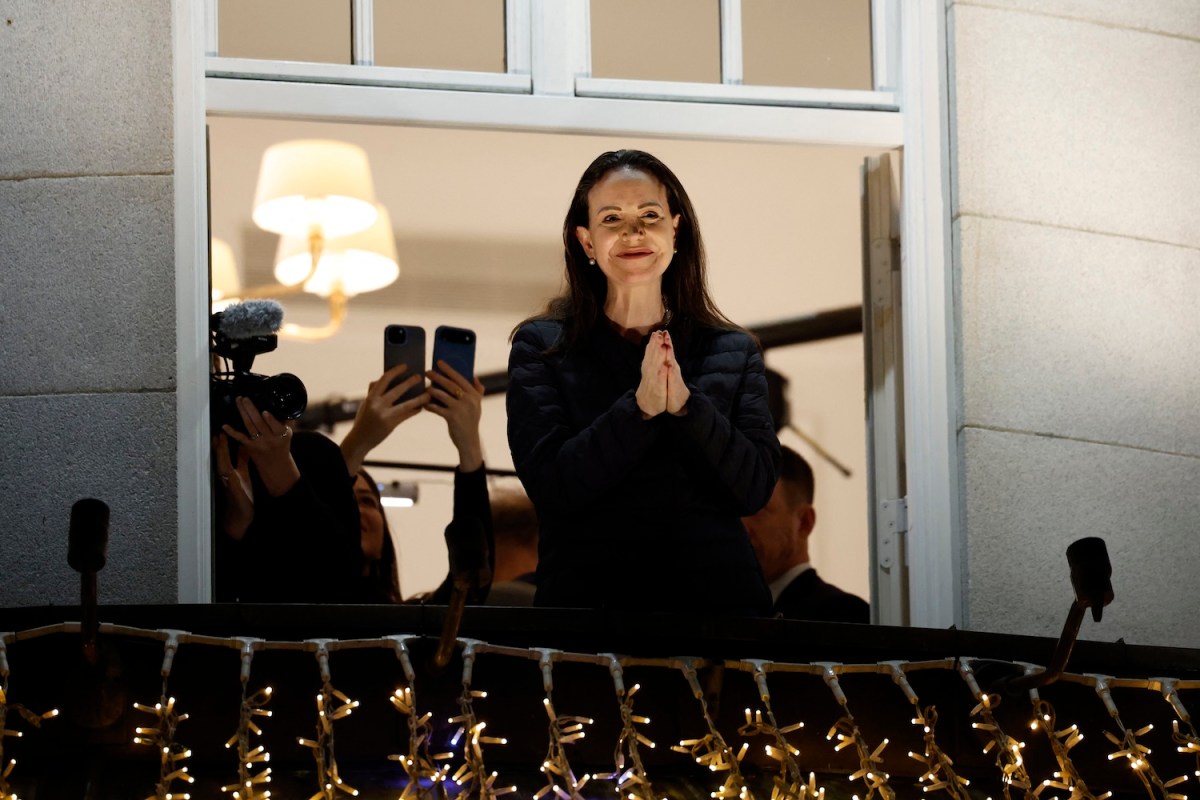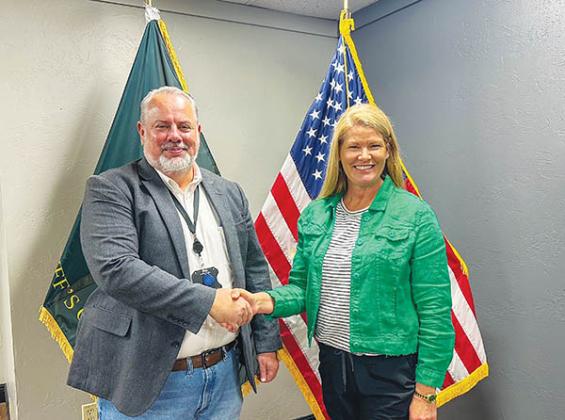On October 21, 2023, conservative politician Rodrigo Paz was sworn in as the new president of Bolivia, marking a significant shift in the country’s political landscape after nearly two decades dominated by the Movement Toward Socialism (MAS) party. Paz’s inauguration took place in La Paz, where he took the oath of office in front of lawmakers and foreign leaders, emphasizing his commitment to “God, country, and family” as he received the presidential sash.
The anticipation surrounding Paz, aged 58, stems from Bolivia’s ongoing economic turmoil, characterized by severe fuel shortages and soaring food prices. His electoral victory over the more established right-wing candidate, former President Jorge “Tuto” Quiroga, in last month’s runoff caught many by surprise. Voters largely turned to Paz in hopes of alleviating the country’s worst economic crisis in 40 years.
Paz Inherits a Troubled Economy
Paz assumes leadership during a challenging period, as he takes over from a government that had long been led by the MAS, founded by former President Evo Morales. The MAS enjoyed a prosperous period during the commodities boom of the early 2000s; however, the economy has since deteriorated, with natural gas exports declining and a previously successful state-driven economic model collapsing. A lack of U.S. dollars and ongoing shortages have intensified the situation, driving public demand for change.
In his campaign, Paz proposed significant economic reforms but emphasized a gradual approach, contrasting with Quiroga’s call for immediate measures, including an International Monetary Fund (IMF) bailout. His focus on careful reform aims to restore stability without overwhelming an already strained populace.
During his inauguration, leaders from neighboring countries, including Javier Milei of Argentina, Gabriel Boric of Chile, and Daniel Noboa of Ecuador, attended to show support for the new administration. Following his victory on October 20, 2023, Paz has shifted Bolivia’s foreign policy, distancing the country from the leftist ALBA bloc, which includes Cuba, Nicaragua, and Venezuela. Instead, he has sought closer ties with the United States, a relationship that soured during Morales’s presidency.
Plans for Economic Recovery and Cooperation
In addition to fostering new international relationships, Paz has engaged with global financial institutions to explore economic assistance. He has reached an initial agreement with the Andean Development Corporation for a loan of $3.1 billion, aimed at stimulating economic recovery in the coming years. Michael Shifter of the Inter-American Dialogue highlighted the potential for foreign investment under Paz but warned that his administration’s success depends on swift and effective action.
“After two decades of left-wing government, he can count on the goodwill of foreign investors and the international community,” Shifter stated. “His task will not be easy. If he acts too slowly or his policies stagnate and fail to pull Bolivia out of its economic crisis, Paz risks losing political capital.”
Paz has also promised to collaborate with international organizations on security issues, including the U.S. Drug Enforcement Administration, which had been expelled from Bolivia in 2008. This marks a noteworthy change in policy direction, reflecting a broader intent to align Bolivia with global standards on various fronts.
As Paz begins his presidency, he faces the challenge of uniting a fragmented political landscape, given that his Christian Democratic Party controls only 39% of the 166 seats in the Legislative Assembly. Building strong alliances will be crucial for implementing his proposed reforms and addressing the pressing issues facing Bolivia.







